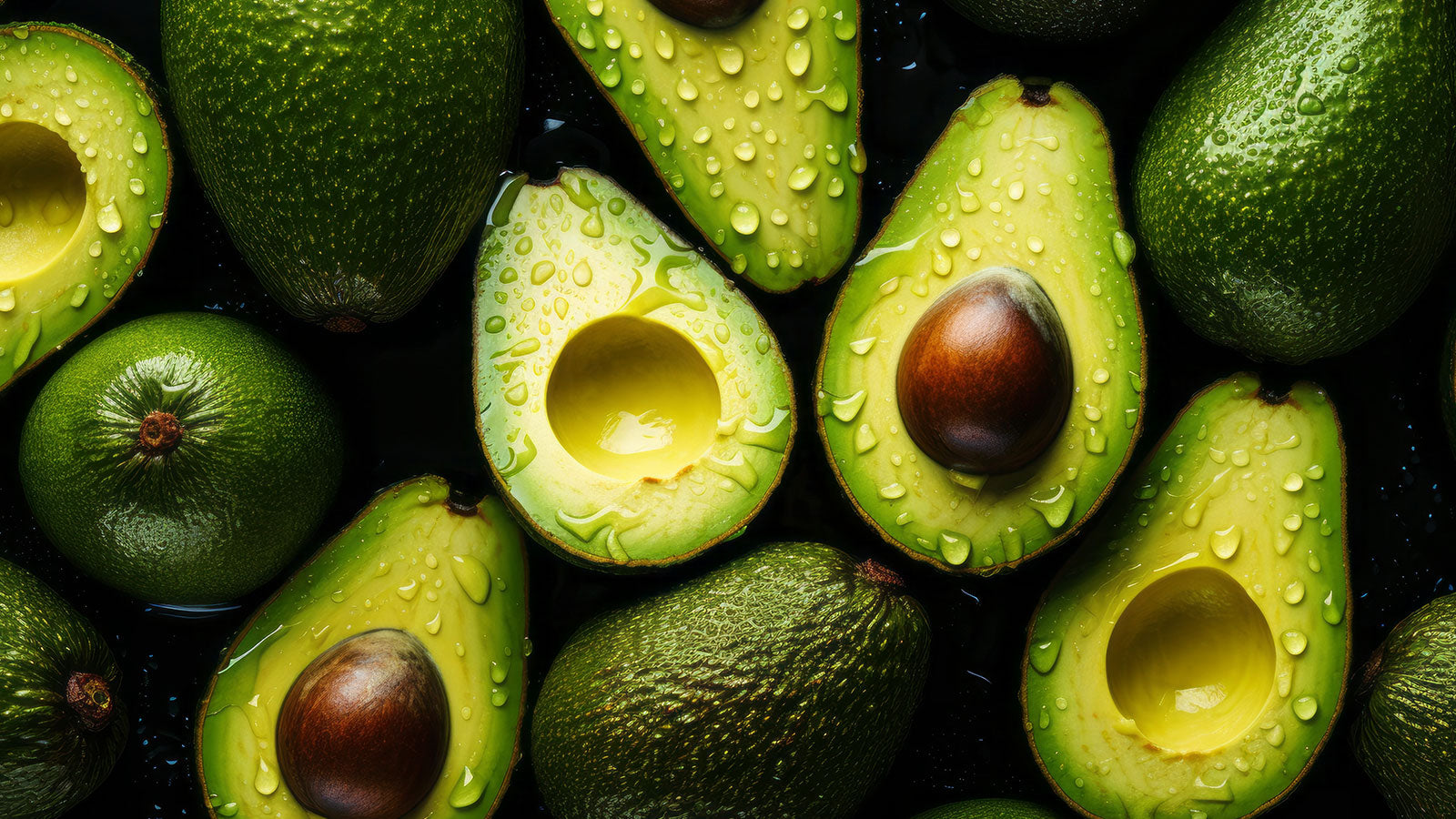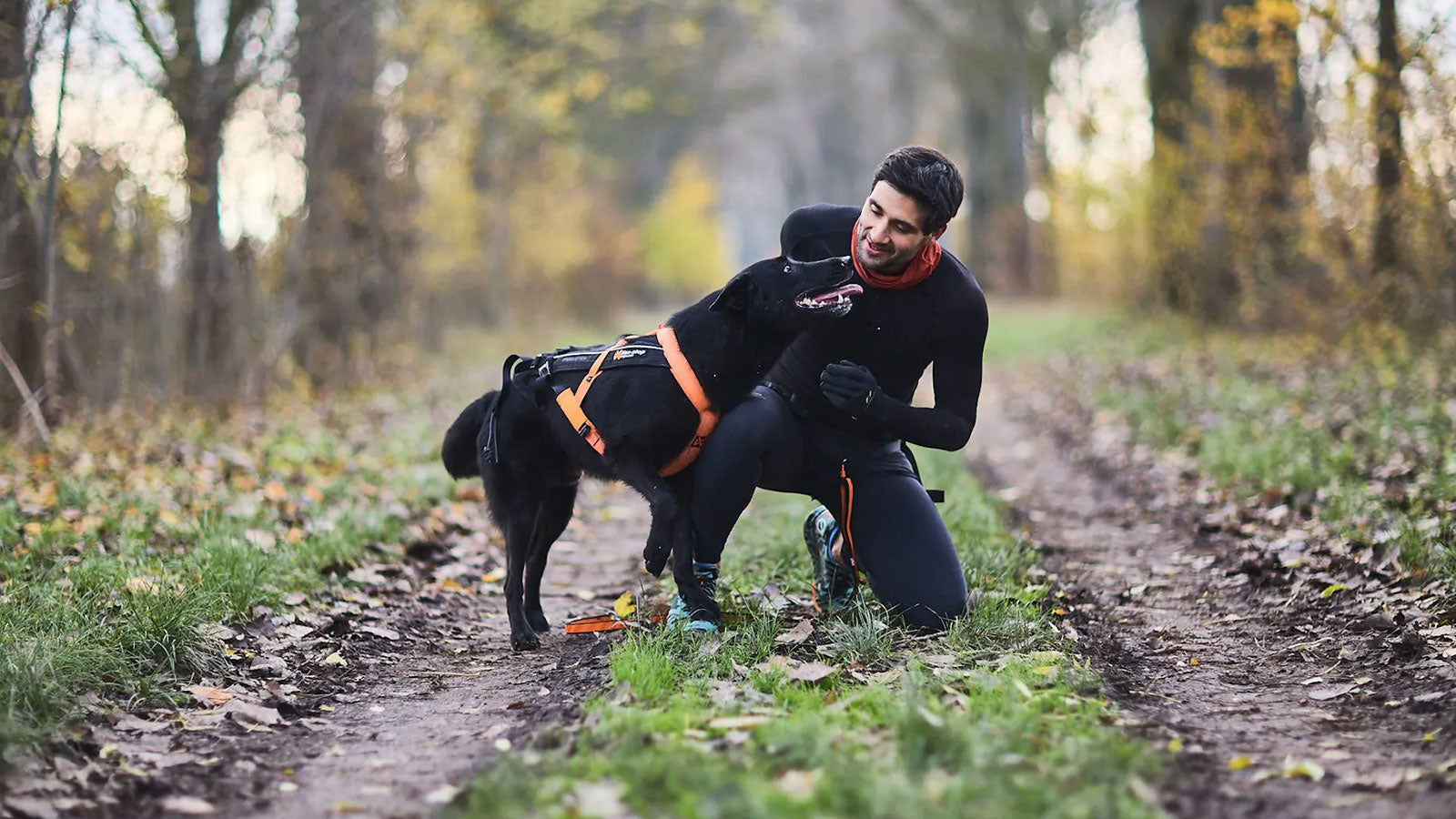Avocado is a nutrient-rich fruit that many humans enjoy, but its safety for dogs is a bit more complex. While some parts of the avocado are safe for canine consumption, others can be harmful.
In this article, we'll explore the pros and cons of feeding avocado to your dog, what to avoid, and how to safely incorporate it into your pet's diet.
The Nutritional Value of Avocado
Avocados are known for their impressive nutritional profile, packed with vitamins, minerals, and healthy fats. They are a good source of monounsaturated fats, dietary fiber, folate, vitamin K, vitamin B6, vitamin C, and vitamin E. Additionally, they contain essential minerals like potassium, magnesium, and iron, as well as antioxidants such as lutein and zeaxanthin, which are beneficial for overall health.
These nutrients make avocado a powerhouse fruit for humans, offering benefits like improved heart health, enhanced nutrient absorption, and better skin and eye health. Given these benefits, it's natural to wonder if avocados can offer similar health advantages to dogs.
Parts of Avocado That Are Harmful to Dogs
Not all parts of the avocado are safe for dogs. The skin, leaves, and pit contain persin, a fungicidal toxin that can be harmful to dogs if ingested. The highest concentration of persin is found in the avocado plant's leaves, followed by the skin and pit. While the flesh of the avocado contains lower levels of persin, which is generally safe for dogs in moderation, the skin and pit should be strictly avoided.
Consuming the skin or pit can lead to serious health issues in dogs, including gastrointestinal distress, vomiting, diarrhea, and in severe cases, pancreatitis. Additionally, the pit poses a choking hazard and can cause esophageal, intestinal, or bowel obstruction, which may require emergency surgery.
Benefits of Avocado Flesh for Dogs
The flesh of the avocado is the safest part for dogs to eat and can be given in small amounts as a treat. It contains low levels of persin and provides healthy fats that are beneficial for your dog’s skin, coat, and overall health. The monounsaturated fats in avocado can help lower the risk of heart disease and control blood glucose levels in dogs, much like in humans.
Avocado flesh also supports eye health due to its carotenoid content, helps in the absorption of fat-soluble vitamins, and can promote better wound healing. Some dog food manufacturers even include avocado oil or meal in their products to leverage these health benefits.
Risks of Feeding Avocado to Dogs
While avocado flesh can be a nutritious treat for dogs, it's important to feed it in moderation due to its high-fat content. Avocado is rich in oleic acid, a monounsaturated omega-9 fatty acid that, while beneficial, can contribute to weight gain if overfed. Dogs with a predisposition to obesity or pancreatitis should have their avocado intake carefully monitored.
Overfeeding avocado can also lead to gastrointestinal upset, so it's essential to introduce it slowly into your dog’s diet and observe for any adverse reactions. If your dog shows signs of stomach upset, such as vomiting, diarrhea, or abdominal pain, discontinue feeding avocado and consult your veterinarian.
How to Safely Feed Avocado to Your Dog
If you decide to give your dog avocado, start by selecting a ripe, pesticide-free fruit. It's not as critical to choose organic avocados as it is for other fruits because avocados are among the produce with the lowest pesticide residue. Remove the pit and skin completely before offering the flesh to your dog, either as a small treat or mixed into their regular food.
Monitor your dog for any signs of discomfort or allergic reactions, and keep avocado treats to a minimum. By feeding avocado responsibly, you can provide your dog with a tasty snack that offers a range of health benefits without the associated risks.
Conclusion
Avocado can be a healthy addition to your dog's diet when fed correctly. The key is moderation and ensuring that your dog only consumes the flesh while avoiding the toxic skin and pit. With careful preparation and mindful portioning, avocado can be a beneficial treat that supports your dog's overall health.






Share:
Manuka Honey for Dogs: A Natural Remedy with Powerful Benefits
6 Essential Herbs to Boost Your Dog's Health